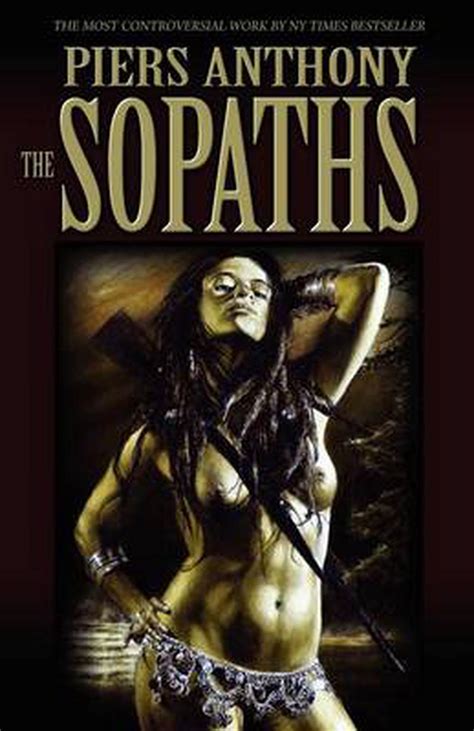A Quote by Piers Anthony
Every person professes to love good and hate evil, but in his actions his real preferences emerges.
Related Quotes
One can write out of love or hate. Hate tells one a great deal about a person. Love makes one become the person. Love, contrary to legend, is not half as blind, at least for writing purposes, as hate. Love can see the evil and not cease to be love. Hate cannot see the good and remain hate. The writer, writing out of hatred, will, thus, paint a far more partial picture than if he had written out of love.
A second thing that an individual must do in seeking to love his enemy is to discover the element of good in his enemy, and everytime you begin to hate that person and think of hating that person, realize that there is some good there and look at those good points which will over-balance the bad points.
We are here on this earth to know God intimately, fully, correctly, and contagiously; to house His holy person in our very bodies, allowing Him to showcase to the world around us His loving nature, His attitude, His thoughts, His emotions, and His actions through the way we live every moment of our lives.
Or did you say it's the love of money that's the root of all evil? To love a thing is to know its nature. To love money is to known and love the fact that money is the creation of the best power within you, and your passkey to trade your effort for the effort of the best among men. It's the person who would sell his soul for a nickel, who is loudest in proclaiming his hatred of money - and he has good reason to hate it. The lovers of money are willing to work for it. They know they are able to deserve it.
Man doeth this and doeth that from the good or evil of his heart; but he knows not to what end his sense doth prompt him; for when he strikes he is blind to where the blow shall fall, nor can he count the airy threads that weave the web of circumstance. Good and evil, love and hate, night and day, sweet and bitter, man and woman, heaven above and the earth beneath--all those things are needful, one to the other, and who knows the end of each?
To then say that our own actions in combating evil have led to evil, is nothing more than saying, "Islamic terrorists are somewhat justified, at least we can understand why they hate us because we've done things to make them hate us. ... We have been evil ourselves, and we are evil and that justifies them being evil."





































